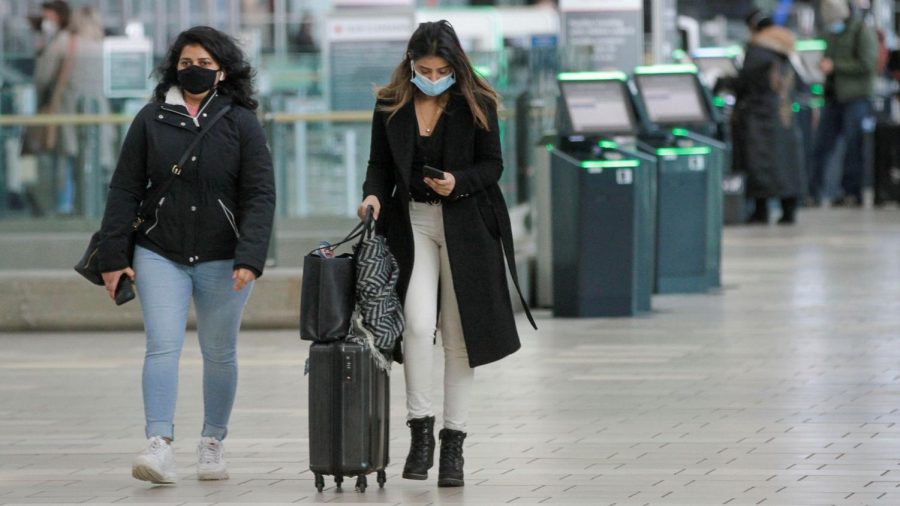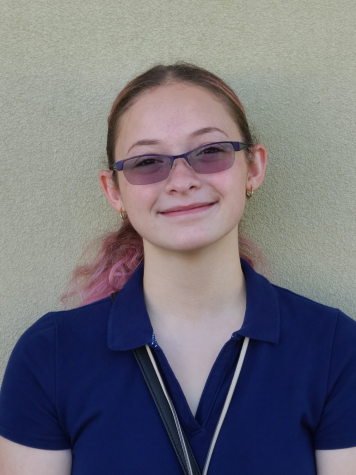Canada Announces Stricter Travel Restrictions Due to COVID-19 Variants
Xinhua/Liang Sen via Getty Images
Passengers wearing face masks are seen at Vancouver International Airport.
February 5, 2021
On January 29th, Canada’s Prime Minister Justin Trudeau announced that stricter restrictions would be put into place on travelers in response to new variants of COVID-19 that could potentially be more contagious. The restrictions aim to minimize the impact of the disease ahead of the upcoming holiday.
It will be mandatory for travelers to quarantine in an approved hotel at their own expense when they arrive in Canada. They must then wait for up to three days at the hotel for their COVID test results. The cost for this is expected to be more than $2,000.
“The cost is a ballparking. This isn’t like any other facility. This is one where there has to be infection prevention control measures, security and other costs as well. It’s not just a regular stay at a hotel,” said Dr. Theresa Tam, Canada’s chief public health officer.
In addition to the pre-boarding test Canada already requires, the government will be introducing mandatory PCR testing at the airport for people returning to Canada. “We will also, in the coming weeks, be requiring nonessential travelers to show a negative test before entry at the land border with the US, and we are working to stand up additional testing requirements for land travel,” said Trudeau.
Public Safety Minister Bill Blair said officials have been urging Canadians to cancel all nonessential travel, and are trying to eliminate it completely. “Unfortunately, some are making the choice to engage in nonessential travel. If they are going to make that choice, they should bear the full cost,” stated Blair.
Both the government and Canada’s main airlines have agreed to suspend service to sun destinations immediately. This means Air Canada, WestJet, Sunwing, and Air Transat are canceling air service to all Caribbean destinations and Mexico starting on January 31st up until April 30th.
The airlines will be making arrangements with their customers who are currently on a trip in these regions so they can organize their return flights. Starting next week, all international passenger flights will be forced to land at one of the following airports: Vancouver, Toronto, Calgary and Montreal.
Upon returning to Canada, travelers will be required to take the COVID-19 test. Those with negative test results will be able to quarantine at home under increased surveillance. Security contractors will be going door-to-door to check on returnees who are isolating at home. However, those with positive test results will be required to quarantine in designated government facilities to make sure they’re not carrying COVID-19 variants of particular concern.
Many governments are considering ways to aggressively handle the new COVID-19 challenges including variants, delays in vaccine distribution, and the strain on health care systems. Canada alone currently has 798,000 cases, with 20,609 deaths. Those numbers continue to increase steadily.
In the UK, Prime Minister Boris Johnson recently announced a new nationwide lockdown due to a surge in COVID-19 cases and hospitalizations. Some U.S. scientists are arguing for a nationwide surveillance program to spot cases of new strains of COVID-19 that have been found in countries such as the UK and South Africa.
Vaccine rollouts have begun in many countries. Trudeau announced there would be a delay in part of the next shipment of the Moderna vaccine set to arrive next week. He said Canada would receive 78% of the expected amount, translating to 180,000 doses.


